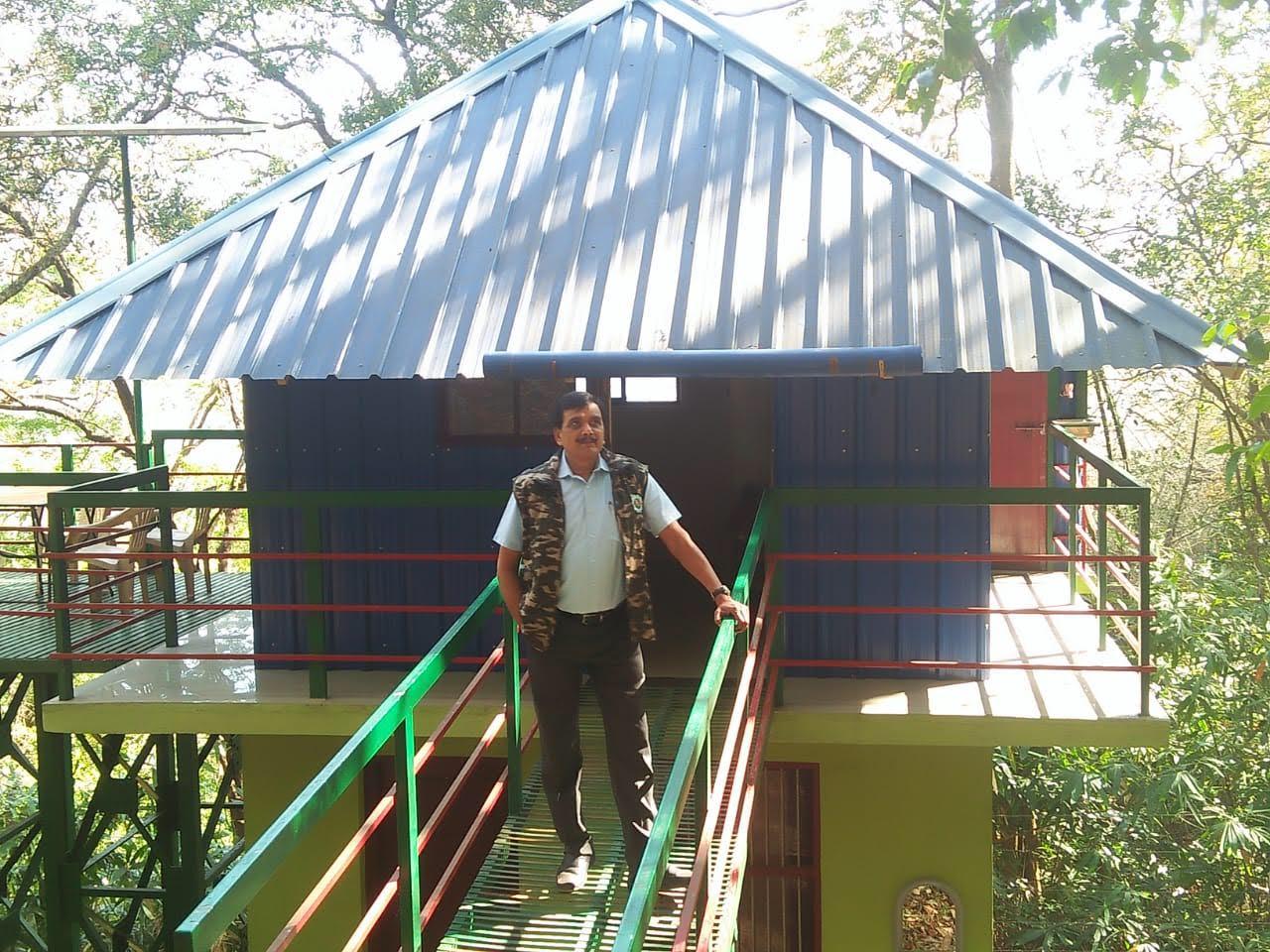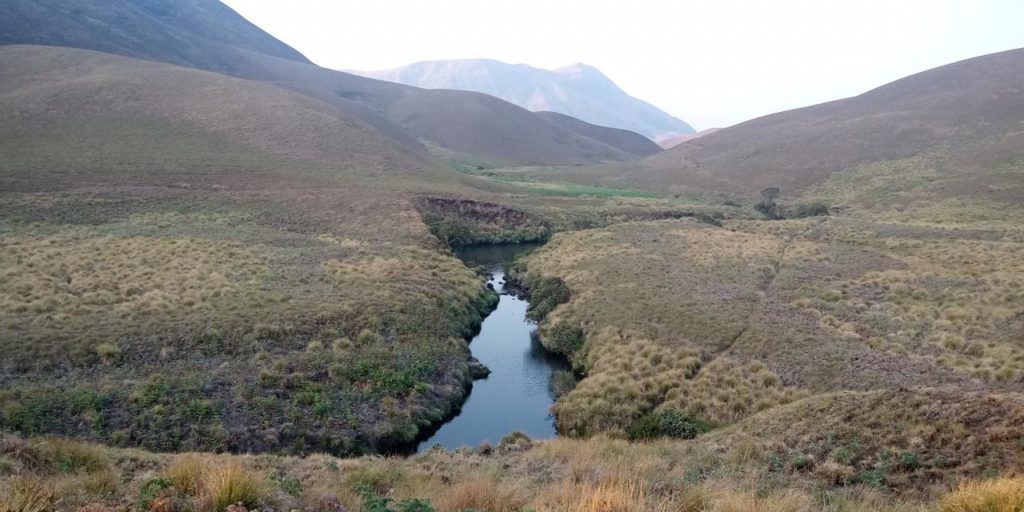Written by Anisha Iyer

Surendra Kumar IFS
A young boy living on the outskirts of a forest area used to help his father keep wildlife away from their crops. These were farmlands prone to wild boars, deers, sambars and sloth bears. Little did this young man know that he would grow up to be the Principal Chief Conservator of Forests (Wildlife) and Chief Wildlife Warden of Kerala, Mr. Surendra Kumar. Born and brought up in Bihar, Surendra Kumar has always been close to nature, which has struck a fascination that has lasted for a lifetime.
Kerala, a state with 28% forest area, 17 wildlife sanctuaries, and 5 national parks; a wide range of endemic species, rare flora, and fauna has definitely had an impact on Surendra Kumar’s passion to conserve in his 33-year stint so far. This IFS officer has a passion to write, and love for the outdoors and exploration.

Eravikulam © Surendra Kumar
Kerala’s beauty is no longer a secret and with its popularity comes the hordes of visitors – both from within India and from overseas.
As the Chief Wildlife Warden of Kerala, Surendra Kumar encounters cases of man-animal conflicts constantly. He talks about how the perception of the general public towards wildlife could have a direct impact on conservation action. “People think wildlife belongs to the forest department, that is their perception. But, wildlife is a common heritage.” A prominent part of the wildlife in Kerala are the Elephants that are protected across the state but still face threats every day. Surendra Kumar intends acquiring elephant corridors, which helps manage conflicts in the state owing to these large herbivores. With one corridor secured and four more to go, he is very confident about the success of this action. His goals from these projects are to increase habitats for wild animals and improve the quality of wild places without affecting ecotourism.
With a unique topography that includes high mountains, gorges and deep-cut valleys to rolling hills, Kerala holds a variety of landscapes that offers an intimate encounter with nature. Surendra Kumar speaks about how the loss of such habitats, fragmentation, and invasive plant species affects the biodiversity of the state. “The habitat where animals can thrive has become very less.” He is an advocate of relocation, to provide respectable living standards to the people who live in inaccessible protected areas and remote places within the forests. He believes that relocation is required to augment the eco-system services, mitigate the adverse impacts of climate change and other disasters. He is very enthusiastic about his department preparing a mega project to relocate the forest dwelling inhabitants and revive areas fragmenting the forests.

Eravikulam © Surendra Kumar
“Plant species such as Eucalyptus, Pines, Lantana, Senna, and Eupatorium have taken over, destroying habitats,” Surendra Kumar says. He plans on tackling these issues and restoring wild habitats. His Senna removal project in some parts of Kerala aims at doing so. To help cope with fragmentation, he plans on restoring unused public sector lands of the Govt of Kerala. Another issue that he witnesses in many parts of the country is wildlife crime. He explains how people, within the country and outside, have developed an affinity towards wild meat and trophies. The impact of this has huge consequences on the biodiversity. “The department has to prepare for this on a whole new level; capacity building of front line staff and use of technology are priority areas to tackle this menace.”
About the future, Surendra Kumar is very optimistic that the mindset people have towards wildlife is slowing changing for the better. He is hopeful that long term measures for the protection of wildlife and habitats can add immense value to the country’s biodiversity at large. An eventful career and fascinating experiences have also led him to take up writing. He is the author of ‘Hakim Singh and Other Short stories’; a collection of short stories based on his own life experiences.
He has been recognized by the Government of Kerala for introducing e-auction of timber in the state. The Government of India also has recognized him for professional excellence in Wildlife crime investigation displayed in handling the Edamalayar elephant poaching case in 2015, the biggest ever elephant poaching case. He has an MSc in Physics, an MBA from the Australian Graduate School of Entrepreneurship Melbourne and is certified in public administration from Maxwell School of Citizenship, Syracuse University USA. He is also a Gold medallist from Patna University. Surendra Kumar’s journey up until now is nothing less than extraordinary; he is without a doubt a man with a plan for wild places and wild animals of the country.
Surendra Kumar's book, ‘Hakim Singh and Other Short stories’ can be accessed here.